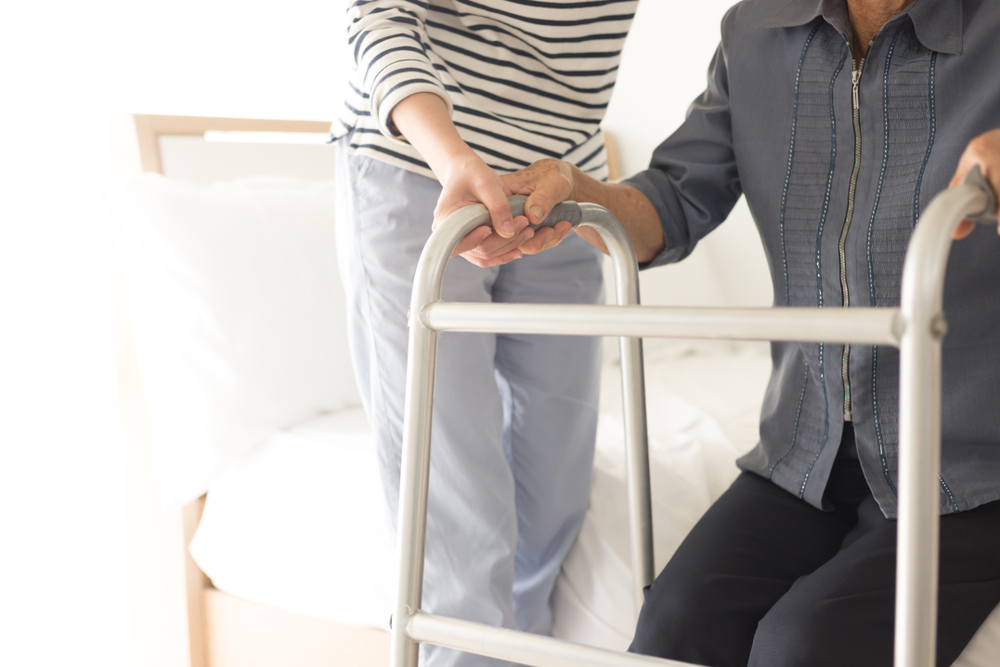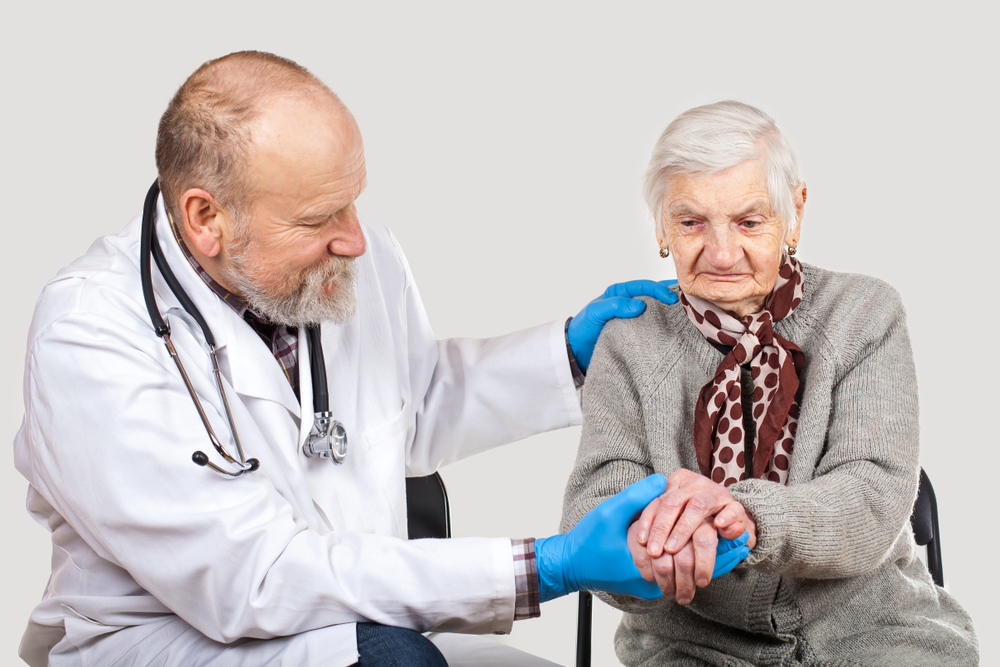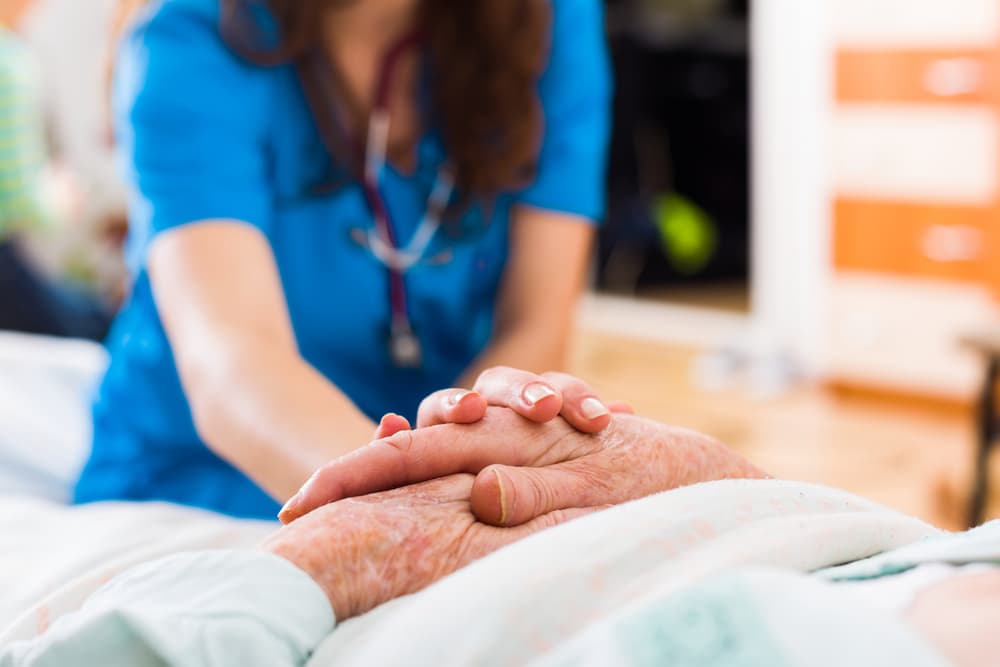 |
Many patients will experience different symptoms and limitations following a stroke. In some cases, it can lead to partial paralysis, speech impairment, cognitive issues and other complications. In order to provide someone with the right level of care at home, you’ll need to speak with their medical professional to get all the details regarding their condition. Once you have a clear understanding of their needs after being discharged from the hospital, refer to the tips below to aid in your caregiving endeavors. Assist with Physical Movement and Recovery Exercises The recovery of mobility, when possible, is crucial after suffering a…
> Read More
 |
When a loved one suffers a stroke, it can be life-altering. Due to the complications that typically follow this, patients can often be functionally disabled, requiring an extensive amount of care for their recovery. In addition to the challenges they will face, it can also be incredibly difficult for family members who need to step in and provide round-the-clock care, all while juggling their day-to-day responsibilities at the same time. The combination of change and emotional trauma can be overwhelming, to say the least. Thankfully, there are stroke recovery and rehabilitation options for ageing adults that can help ease this…
> Read More
 |
To understand how to care for a stroke patient at home, it’s important to first understand their unique condition and needs. Before being discharged from the hospital, their healthcare provider will inform you of this and usually provide a thorough plan of what they’ll need to aid in their recovery. Keep in mind that the level of care will vary depending on the extent of damage from the stroke. Here are some common steps that are usually a part of common care plans. Encourage Daily Movement and Exercise It’s common for many stroke patients to experience mobility impairments, but with…
> Read MoreStrokes: Paving the Path to Recovery
Posted By C-Care
 |
The damage caused by a stroke can be quite debilitating, requiring extensive recovery time. For many stroke survivors, everyday tasks like bathing and dressing can become difficult to perform on their own. Some will also experience problems with their memory, speech and motor skills, making it challenging to move or control certain parts of their body. If you or a loved one has suffered a stroke, the path to recovery can be long and frustrating, but there’s help just around the corner. Find out how a private care nurse can help. Monitoring Once someone has a stroke, their risk of…
> Read MoreA stroke can cause a number of life-changing effects. Some people are left unable to speak, whereas others may have issues with memory or may seem more irritable. Every survivor experiences different outcomes depending on what part of the brain was damaged during the stroke. Recovery also varies, so it’s important to be patient and get the right support during their rehabilitation. To learn more about what you can expect and how life changes following a stroke, read on. Emotional and Behavioral Changes A stroke directly impacts the brain, and the brain is, of course, what controls our emotions and behaviours. So when the brain experiences an injury, such as a stroke, there can be biochemical changes that lead to episodes of anger, anxiety, irritability, depression or confusion. You or a loved one may also experience lethargy, depression, and even a loss of interest in engaging in regular activities. Fortunately,…
> Read More
